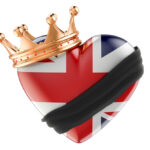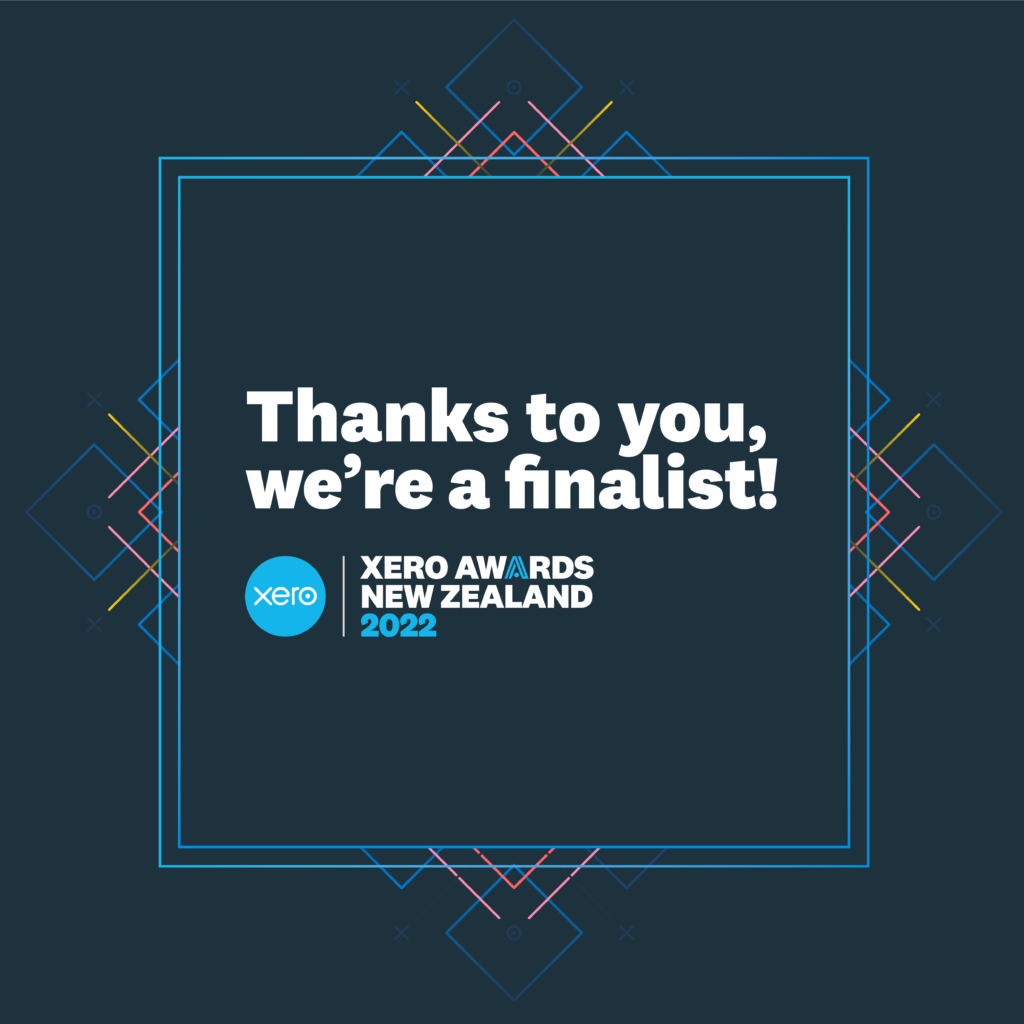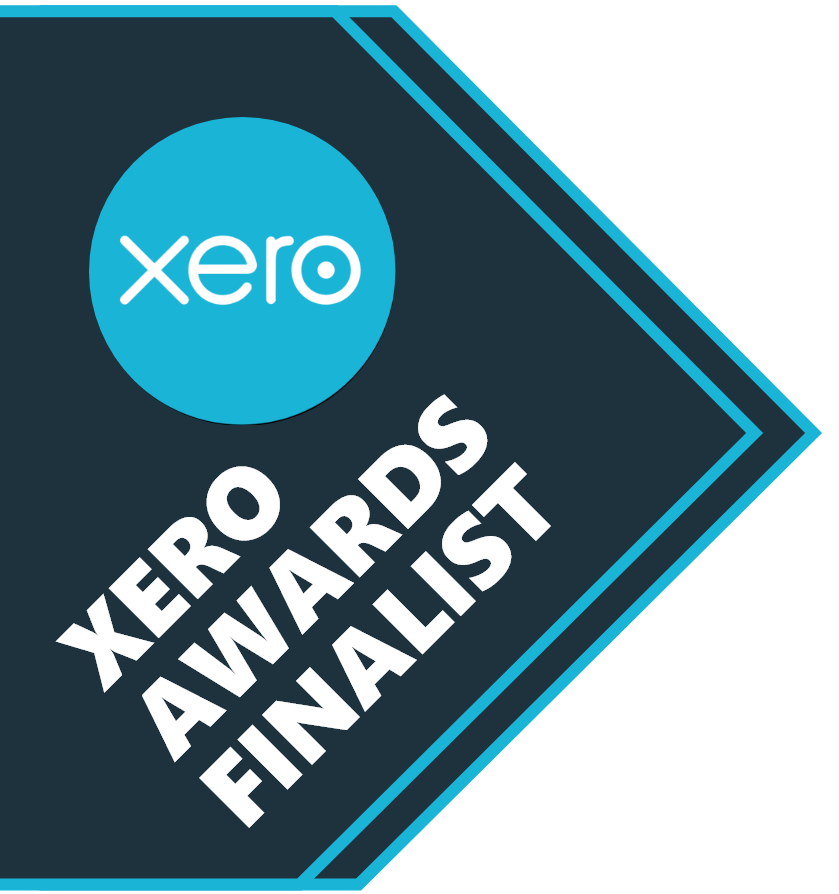Entertainment – no such thing as a free lunch…
Wining and dining clients, bottles of wine at Christmas or a celebratory lunch with the team – all costs most businesses will incur, so let’s set a few things straight.
Entertainment expenses are an item of accounting that require specific guidance. Treatment of an entertainment expense can vary based on attendees, location, purpose and how the entertainment is provided. We will cover off some of the key points when considering entertainment below.
Broadly speaking entertainment falls into 4 categories:
Private = no connection with income and domestic in nature
These costs have no link to earning income, meals while at work (and not out of town overnight), Friday night drinks at the pub with mates and wine for family dinners are all nice to have but cannot be claimed as a business expense.
50% Deductible
Entertainment is 50% deductible where there is an element of personal benefit – commonly this is where meals or drinks are consumed offsite, with potential clients, existing clients, or other employees. Other specific examples include Corporate Boxes, Holiday Home Rentals, Pleasure Crafts – including food and drink enjoyed, and costs incurred around these e.g., Fuel, Maintenance and Hire Costs.
Another common 50% deductible entertainment expense is Food or Drink gifted to clients, bottles of wine for a client when their property sells, or a hamper of food at Christmas.
The key triggers here are the consumption of food or drink, offsite and with other parties.
100% Deductible
It’s not all bad news – there are occasions where entertainment is fully deductible. Meals while traveling for work (away from home) with no business contacts present, food or drink at an educational seminar, light refreshments served as part of duties, any entertainment provided as part of promoting your business where the public have equally access (no benefit from being an employee) and entertainment provided outside of New Zealand.
100% Deducible and liable for FBT
When the timing of enjoyment of entertainment is in the hands of the recipient cost are deemed 100% deductible, however Fringe Benefit Tax implications (FBT) will need to be reviewed – if there are not de minimis* exemptions available there could be FBT due on these entertainment expenses. An example would include Gift Vouchers for a restaurant provided to staff for great performance over a quarter.
*De minimis exemption relates to unclassified fringe benefits i.e., not a vehicle, low interest loan, discounted or free goods / services, some insurance contributions. If unclassified benefits are below $300 per quarter, or $1,200 per year no FBT needs to be returned on these when provided to staff.
In Summary
Entertainment expenses are common in many businesses and with some planning, unexpected tax consequences can be avoided. Consider the contents of gifts, look to utilise FBT allowances and ensure that when 100% deductible entertainment is conducted you do this separately to 50% deductible entertainment.
For advice specific to your personal situation please speak to your relationship manager or give us a call 0800 282 887, together we can come up with a plan for you.









